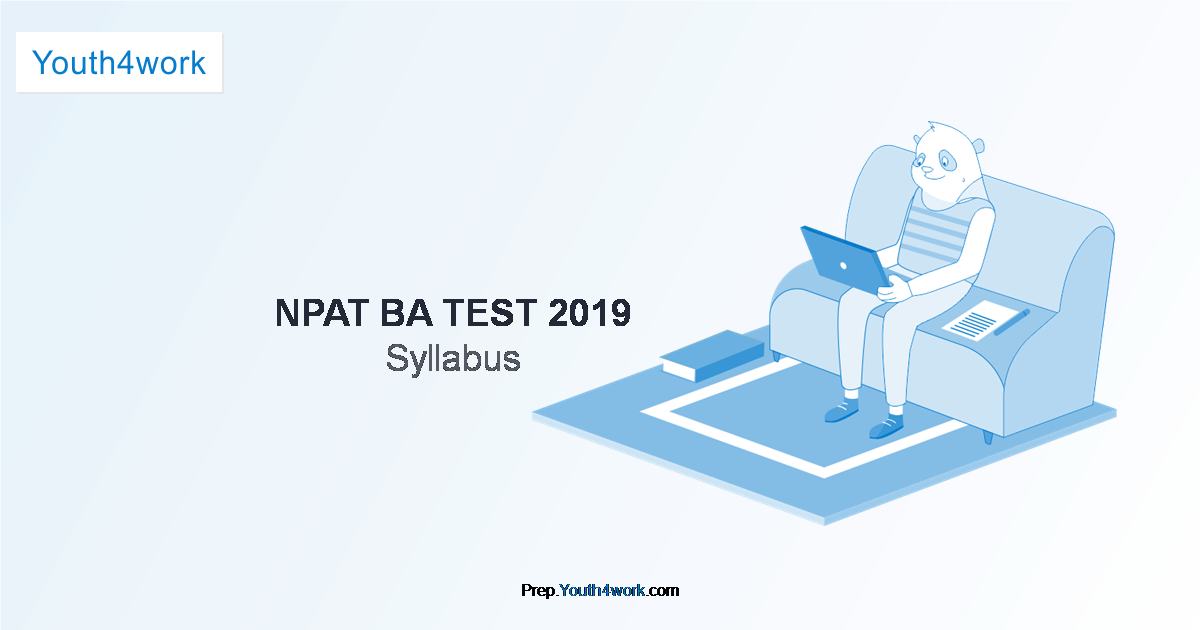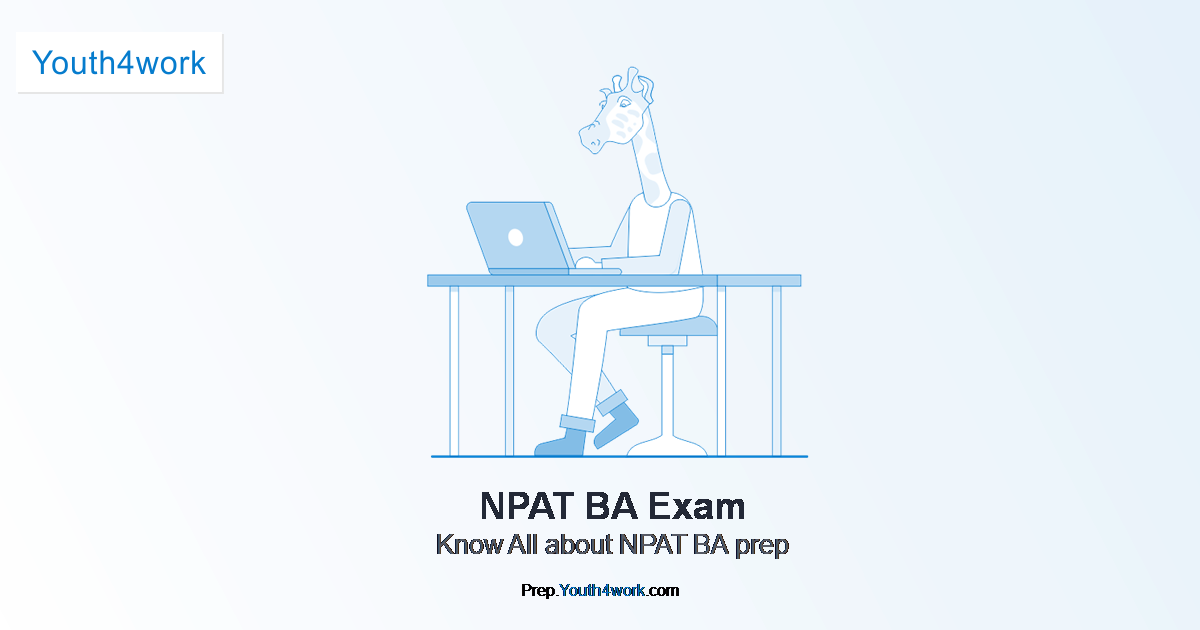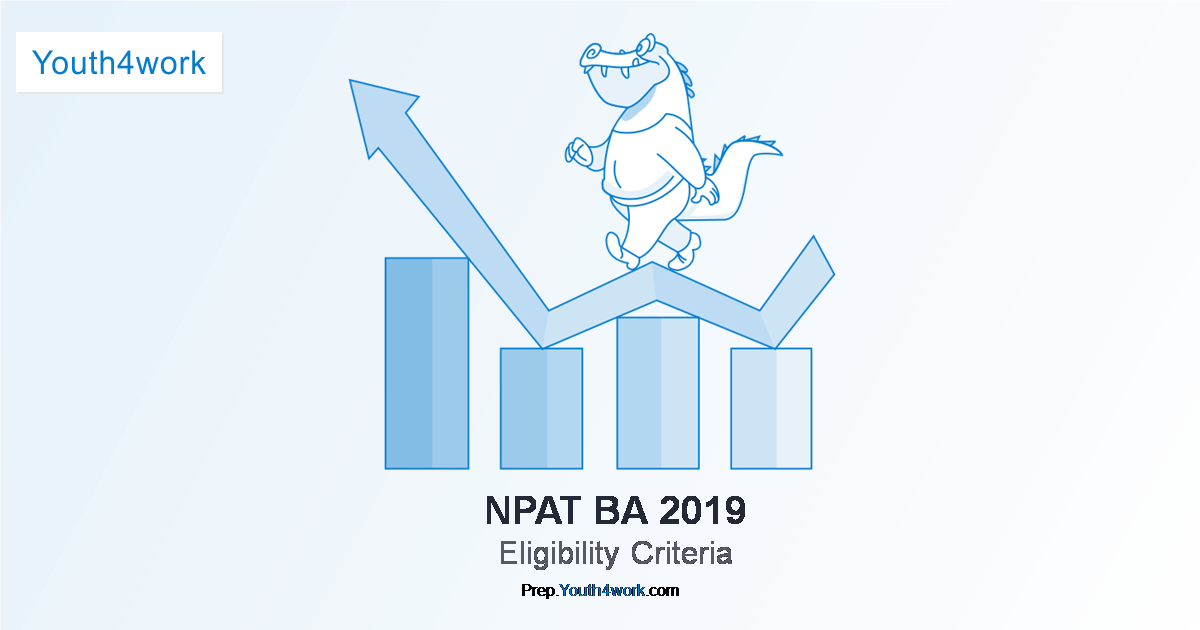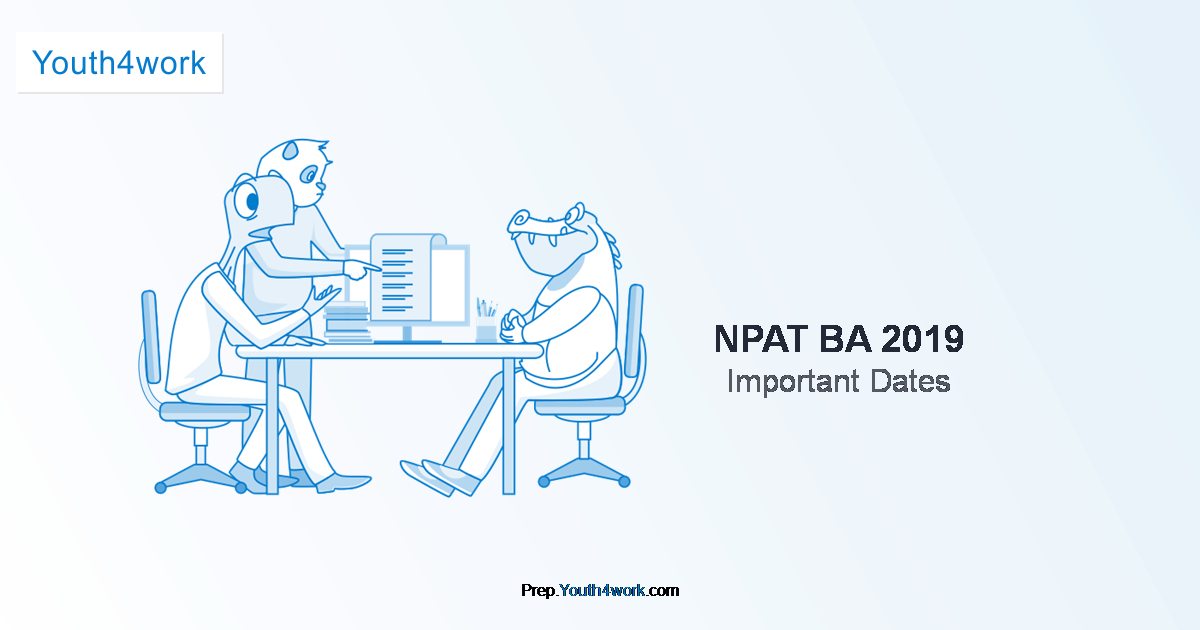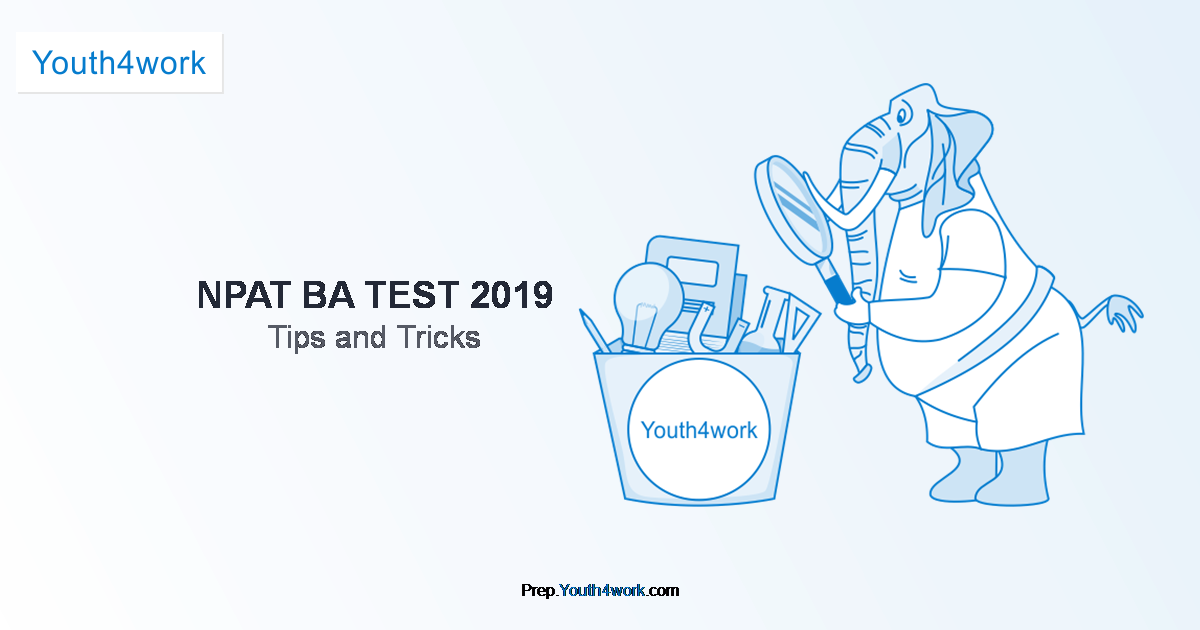NPAT for BA Hons Exam 2020: Exam Pattern, Insights and Details
National Test for Programs After Twelfth, abbreviation NPAT, is organized and conducted by SVKM’s NMIMS across 49 cities of India. Interested candidates who are planning to take this exam can apply for it through the official website link; the last date to register for the same is 30th April, 2020. The exam will be conducted on 9th and 10th May, 2020. According to the exam conducting authorities, respective candidates must have passed 10+2 from government recognized boards or equivalent to appear for the selection test. The exam will be 100 minutes long and will consist of 3 sections: English Language, Quantitative & Numerical Ability and Reasoning & General Intelligence. To know more about the exam pattern, syllabus and passing criteria, click the links below:
Exam Pattern | Syllabus | Eligibility Criteria | Tips and Tricks | Take Free Mock Tests
मुख्य हाइलाइट
Npat For Admission In Ba Hons का

Application Fees:
Rs 1800/-

Educational Qualification:
The candidate must have obtained an aggregate of 60% marks in 10+2 equivalent examinations from recognized board.

Exam Duration:
100 minutes

Exam Pattern:
English Language: 40 questions
Quantitative & Numerical Ability: 40 questions
Reasoning & General Intelligence: 40 questions

Online Examination:
9 and 10 May, 2020

Declaration of Result:
Date yet to be announced

Application Form:
11 Dec 2019 to 30 Apr 2020
NPAT Exam 2020: Important Dates
- Last date to fill the application form: 30 April, 2020
- Last date for Payment of Application Fee (online): 30 April, 2020
- Downloading of admit cards: 5 May, 2020
- Online Examination: 9 and 10 May, 2020
- Declaration of Result: After completion of Exam
Application fees
For one school program
Rs 1800
For two programs of two different schools
Rs 3000
For three programs of three different schools
Rs 4000
For four programs of four different schools
Rs 5000
Eligibility for NPAT Exam 2020
Nationality / Citizenship: The candidate must be an Indian Citizen.
Educational Qualification:
The candidate must have obtained an aggregate of 60% marks in 10+2 equivalent examinations from recognized board.
NPAT Exam 2020: Exam pattern
- Online test will be of 120 marks.
- The exam will have 120 MCQs type questions
- Total duration of the exam will be 100 minutes
- Medium of language of the questions will be English
- Sections in the exam: Three
- English Language
- Quantitative & Numerical Ability
- Reasoning & General Intelligence
- There is negative marking. ¼ marks will be deducted for each wrong answer and 1 mark will be awarded for each right answer.
Syllabus: NPAT Exam 2020
Proficiency in English Language
Reading comprehension, Synonyms, Cloze test (fill in the blanks), Para- Jumble, Spot the error/Sentence completion
Quantitative & Numerical Ability
Number System, Percentages, Profit, loss and discount, Ratio & SI/ CI, Time, speed and distance/ Time and Work, Algebra, Trigonometry, Geometry & mensuration, PnC, Probability & Set theory
Reasoning & General Intelligence
Analytical reasoning, Series & sequences, Data Interpretation (Bar Graph, Line Graph, Pie Chart, Table Chart), Blood relation, Analogy, Syllogisms, Visual reasoning
Preparation Tips for NPAT Exam 2020
· You need to finish 3 sections of the NPAT Exam within 100 minutes, which means you need speed with accuracy in order to attempt 120 questions in total. The more you practice, the better chances you have of acing this exam.
· Make quantitative and reasoning your strong subjects, practice questions to solve them within time to increase efficiency. You should lay emphasis not on mugging up the formulas but instead try understanding the concepts, so, you can modify the formulas according to the question requirement.
· Remember negative marking is a factor here. Therefore, try not to attempt questions that put you in doubt.
· Manage your time properly; give appropriate amount of time to each section. Try to improve your time by practicing as many online tests as possible. Youth4work provides online mock tests will time limit attached to each question; this way one can learn to finish the entire exam within the time limit.
· Studying in a stretch for hours can be tedious and hard and also not so good. Therefore, try to study at several times in regular sessions during a day. This will make learning easy and fun, also you will have enough time to brush up the already studied topics in between intervals.
· It is very important to maintain proper health, so you don’t fall sick on the big day. Give your brain appropriate time to refresh itself. Don’t rush too much information into your head than its limit allows. Take it slow and steady. And get at least eight hours of sleep each night.
Youth4work Prep Tests
Online practice tests for competitive exams – are very unique and popular among aspirants. Aspirants can take self-designed mock-tests as well as practice for sections and topics separately. Youth4work’s unique and proprietary technology is helping lakhs of aspirants to reveal personal details on what are the strength areas of aspirants for any exam and also suggest how they can improve the performance.
Following are interesting insights from nearly lakhs of question attempts on NPAT practice tests on Youth4work. Every aspirant is rated on a Rating Scale. The ratings of the aspirants change with every question attempt.
चर्चा मंच
समान प्रतिभा वाले युवक/युवती इस प्रश्न का शीघ्र उत्तर देंगे।
